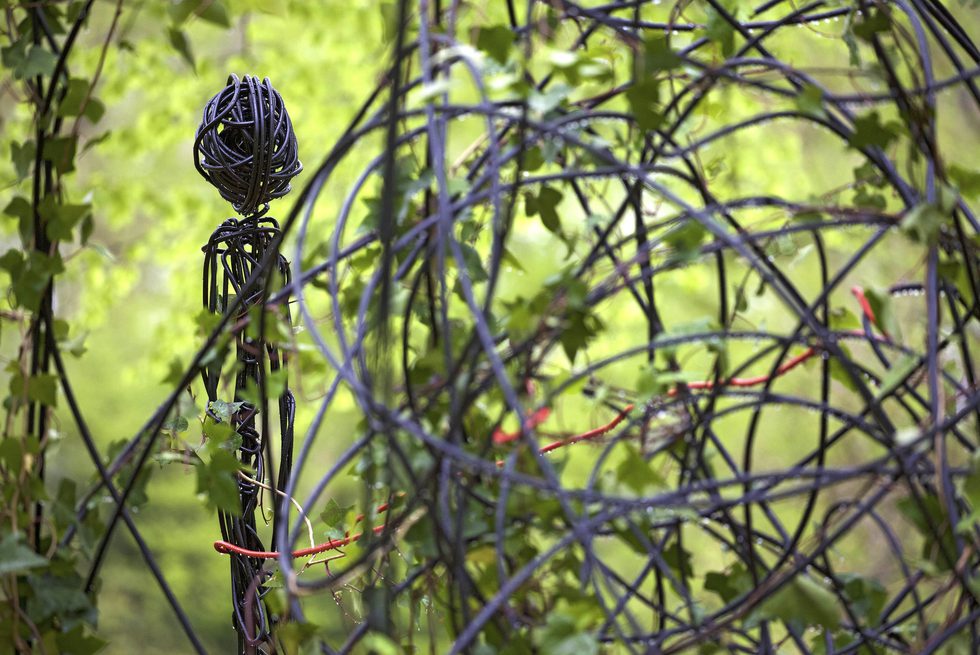Melanesian Anthropology Em Nem Nating
From the Series: From Reciprocity to Relationality: Anthropological Possibilities
From the Series: From Reciprocity to Relationality: Anthropological Possibilities

In 2015, the Malinowski’s Legacy conference was held in Alotau, Papua New Guinea to commemorate the work of the renowned anthropologist Bronislaw Malinowski, who first arrived in Papua New Guinea in 1921. Since then, many anthropologists have followed in Malinowski’s footsteps to various remote and putatively untouched parts of the country to live with and study the cultural ways of Papua New Guineans. One of the aims of the gathering in Alotau was to bring anthropologists and their interlocutors together in a conversation about anthropology.
In light of recent discussions about HAU and the future of anthropology, this post discusses the significance of anthropology and the discipline’s seeming inability to generate interest among Papua New Guineans in studying the subject. I, for one, am not convinced that collaborative anthropology has had any meaningful impact for the people on which the discipline continues to focus as its primary objects of study. It is interesting to note that in the almost one hundred years that have passed since Malinowski arrived in Papua New Guinea, fewer than ten Papua New Guineans have earned a PhD in anthropology. Although the subject is being taught at an undergraduate level at the University of Papua New Guinea, it has not generated extensive interest among students, especially at the postgraduate level. In my discussions with fellow academics and colleagues in the Pacific region, anthropology is often seen as a remnant of colonialism and an irrelevant subject for our time. The rationale for this view is informed, in part, by the history of anthropology as a handmaiden of colonial administrations and as an extractive project without a commitment to true reciprocal exchange.
As someone who has studied anthropology at the graduate level, I can attest to the benefit of the tools of the discipline in helping me to think about issues in ways that allow me to engage critically with policy, gender, and a whole raft of other important matters in my country. Many of these issues, while local, are often driven by and framed within an international discourse of best practice and theories of change. I believe that my training in anthropology allows me to be self-reflexive when analyzing the relevance of such theories and practices. The discipline of anthropology does have the capacity to become more engaging if it allows itself to be more accessible to a wider audience.
For this to happen, it will require a change in the elitist nature of anthropological engagement in the form of arguments driven by theory as opposed to ethnography. The fact that anthropological conferences are often held so far away from our locale makes it difficult to engage with the experts who come and study us. In addition, access to journals and other materials that might allow us to engage and learn is often out of reach through expensive subscriptions and a lack of open-access options. A prime example of this is HAU’s recent move to become a subscription title published by the University of Chicago Press. While the anouncement of this move included an assurance that “libraries from the global South will be offered free and subsidized subscriptions” (da Col 2017, iii), many questions remain about what this arrangement will look like. In the meantime, access and collaboration are being actively hindered.
While some researchers with long-term commitments to Papua New Guinea do practice collaborative anthropology, my argument here is for expanded opportunities for Papua New Guineans to study anthropology. I see this as an important way for the discipline to be more inclusive and open to others.
There are two important ways in which anthropology could better engage with people from Papua New Guinea and Melanesia, more broadly. First, a good start would be for more conferences or gatherings of anthropological interest to be held in Papua New Guinea. Often, academic conferences are held at institutions located in the West where anthropologists turn up to discuss “their” people. If anthropologists are serious about meaningful and inclusive interaction, then the possibility of hosting some of these events in Papua New Guinea and elsewhere in Melanesia should be given serious thought.
Second, in order to encourage Papua New Guineans to study anthropology at a postgraduate level, established anthropologists could consider building studentships into grant proposals aimed at encouraging and supporting young scholars from Papua New Guinea, Melanesia, or the wider Pacific. While some researchers with long-term commitments to Papua New Guinea do practice collaborative anthropology, my argument here is for expanded opportunities for Papua New Guineans to study anthropology. I see this as an important way for the discipline to be more inclusive and open to others.
I should add that I know it is possible to take these steps, because I have benefited from the opportunity to study anthropology at the doctoral level through such an arrangement. This kind of support, in my view, shows a true desire for transformation on the part of those who essentially build their careers on studying, analyzing, and representing the lives of Papua New Guineans through lectures, articles, and books. Both of my suggestions involve significant financial investments and while money is scarce in academia, I firmly believe that this kind of investment in Papua New Guinea anthropology would expose students to a world of anthropology that is currently largely obscure and irrelevant.
Even though Melanesian anthropology has a long history in Papua New Guinea and has made significant contributions to the body of anthropological theory, it still remains of little interest to students in Papua New Guinea. The debates around HAU remind us of the importance of making anthropology accessible and relevant for communities with which anthropologists engage as part of the process of knowledge production.
da Col, Giovanni. 2017. “Free Gifts That Must Be Invented.” HAU 7, no. 3: i–vii.